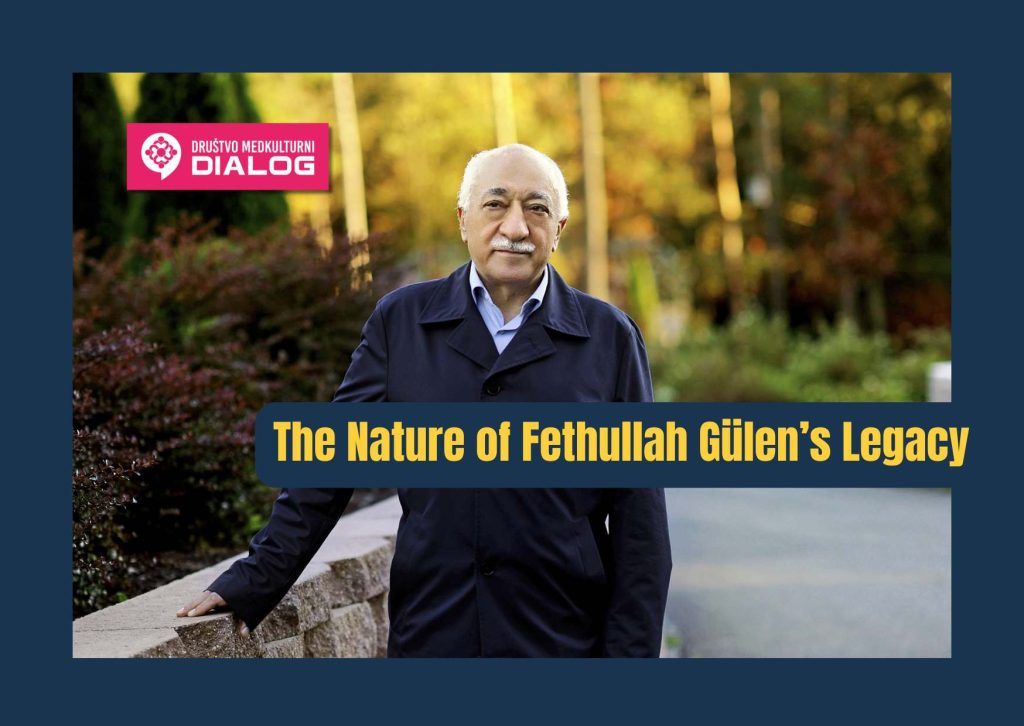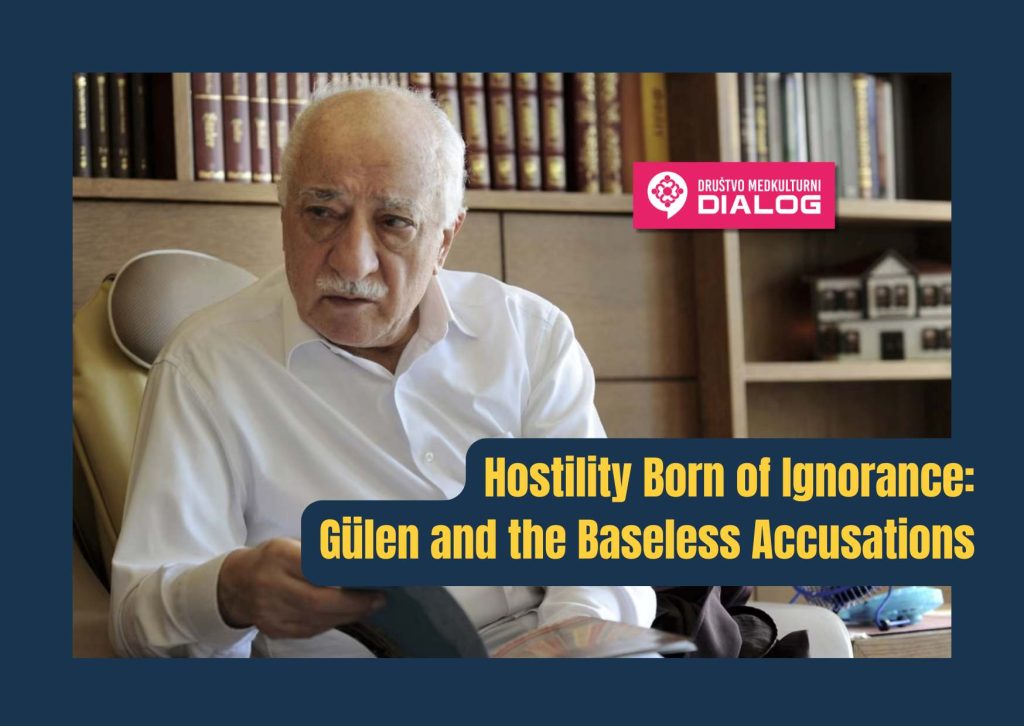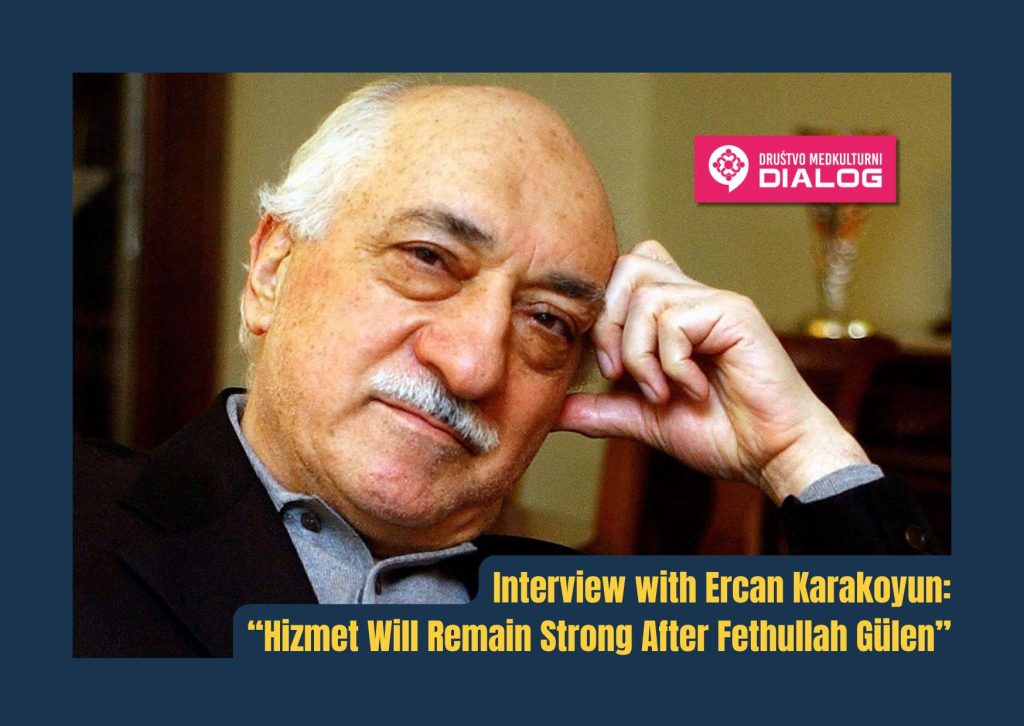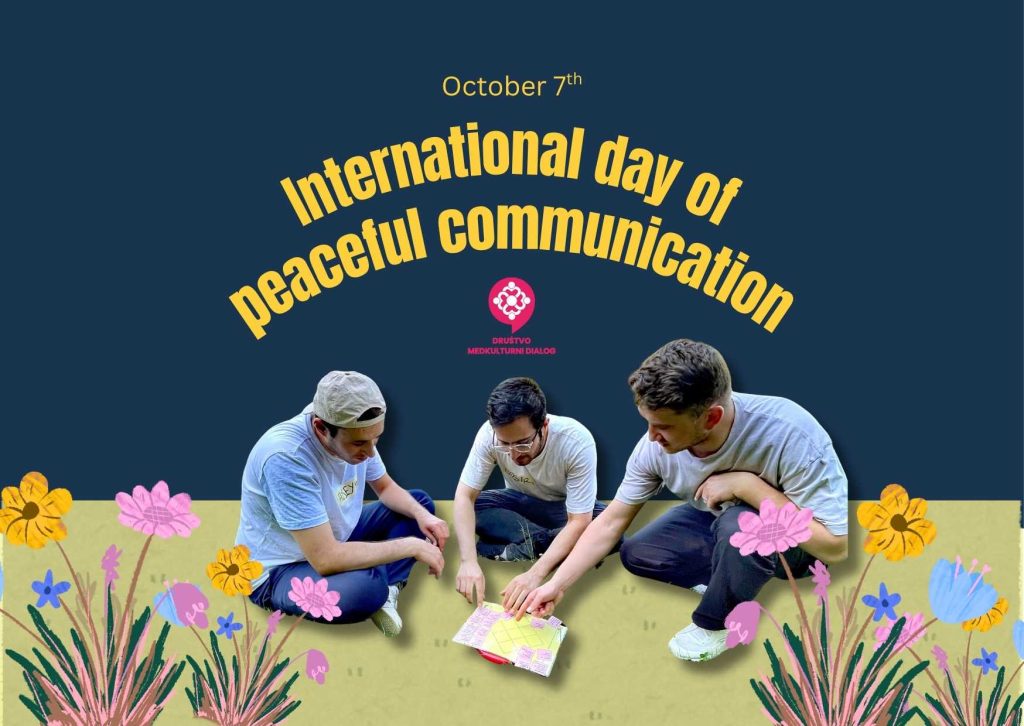Series of articles in honor of F. Gulen: The Civil Islam of Fethullah Gülen and Interreligious Dialogue
By Ravindra Chheda; Published on October 23, 2024 | Source: Città Nuova
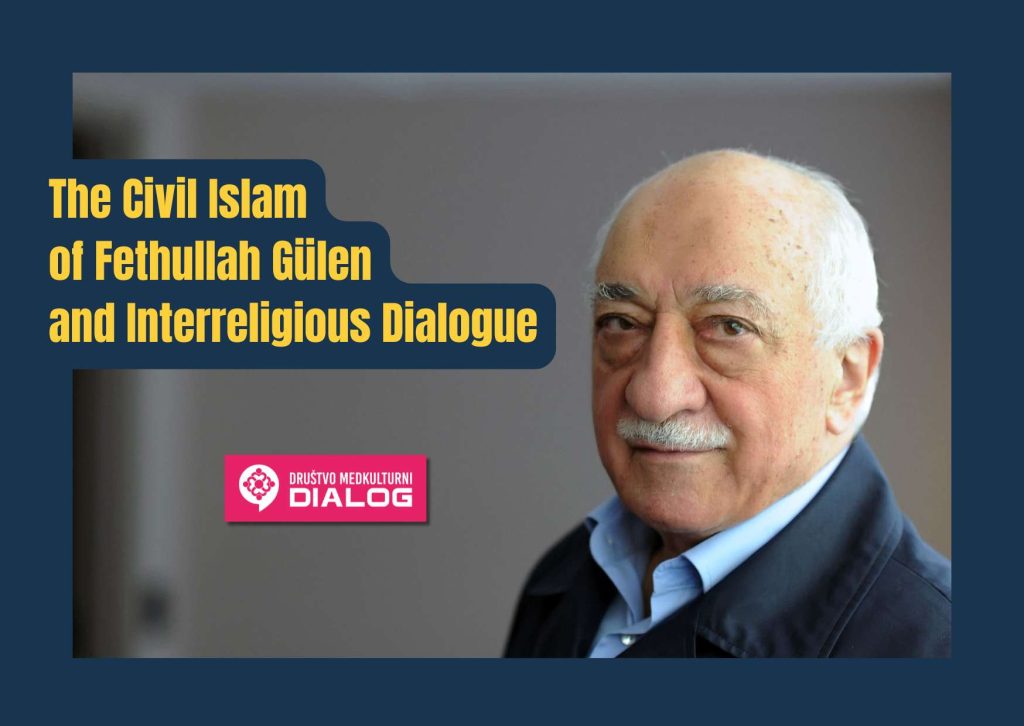
Fethullah Gülen—imam, educator, and man of dialogue—has passed away. A Turkish national who had been residing in the United States for years, he represented a complex and at times controversial figure in the historical and social landscape of Turkey over the last two decades. However, his contribution—and that of the Hizmet movement he inspired—to society and to a form of Islam lived with a spirit of daily service is undeniably significant.
While the name Fethullah Gülen may not resonate widely in Italy, those who follow international affairs may recall him in relation to the alleged coup attempt in Turkey in July 2016. President Erdoğan accused him of orchestrating that event—if it ever actually happened. Gülen, a spiritual teacher of Turkish Islam, shaped his life around the teachings of great Islamic mystics like Rumi, Yunus Emre, and Said Nursi, whom he considered his spiritual masters.
Over the decades—starting from the 1960s and into the 2010s—Gülen marked a turning point in Turkey’s Muslim faith, founding Hizmet, a movement for spiritual and civic renewal that transformed the lives of thousands upon thousands of people.
Born to an Anatolian imam, and an imam himself, Gülen grew up in the secularist framework imposed by Mustafa Kemal Atatürk, the founder of modern Turkey. But he soon realized that the country’s future was at risk. He foresaw a looming “educational emergency” where future generations would lose their religious and cultural identity.
In response, and as part of his calling, he began meeting young people where they gathered: in cafés, university dormitories, and city neighborhoods. Engaging them in conversation, he addressed their questions and doubts, offering a model of human and spiritual consistency.
Without ever resorting to proselytism or religious imposition, he fostered a deep existential need for faith, laying the groundwork for a healthy re-Islamization of younger generations. His efforts attracted not only educators at various levels but also businesspeople and philanthropists. On one hand, young people needed education; on the other, resources were necessary to establish schools and universities.
Thus emerged Hizmet, meaning “service,” a movement addressing both educational and social emergencies. Spreading quietly and without demanding anything from anyone, Hizmet grew into a global phenomenon entirely oriented toward serving others.
In its schools—where secular subjects are taught, not religion—it is service that shapes both teachers’ and students’ daily lives. Gülen promoted mutual support among students, encouraging older ones to mentor younger peers and avoid paid tutoring.
Over the years, these institutions did not produce religious “fanatics,” but rather men and women who became upright citizens, dedicated to the common good in their professions and life choices. What Gülen created was not a religious or political Islam, but a civil Islam—an Islam lived, studied, and internalized daily, inspiring people to serve society selflessly.
Even as the movement spread to more than a hundred countries, founding high-quality schools and universities, Gülen gradually withdrew from public life due to health issues. He had moved to the U.S. in the late 1990s and later faced serious accusations of opposing the Erdoğan government. Despite this, he continued to inspire his followers through videos and writings, many of which date back to the early years of his mission.
Most of the students who attend Hizmet schools—even in Turkey, where they were all shut down after 2016—do not even know the name of the man who inspired the system. Yet they learn and live his spirit through their everyday experiences.
From the late 1990s onward, Gülen—born into a nationalist context—gradually opened up to other cultures and religions. He met leaders across the world, including Pope John Paul II, and corresponded with Pope Francis. These gestures expanded Hizmet’s horizon into interreligious dialogue, which today remains a central part of its global mission. Local groups in many countries actively engage in authentic conversations with people of different religious and cultural traditions.
Despite the political implications in which he found himself entangled—perhaps against his will—Gülen never responded with bitterness, not even during prison time. The movement he inspired has become part of a broader religious phenomenon that has shaped recent decades. Since the mid-20th century, many world religions have witnessed new inspirations and renewals, generating fresh models of spiritual life rooted in tradition.
Though diverse, these movements reveal surprising commonalities. In this sense, one might speak of a historic phenomenon, whose true significance—for both religion and society—can only be fully appreciated in the future.
We are sharing various published posts in the series of articles commemorating the anniversary of F. Gulen’s departure from this world in November 20th 2024. Follow our page for more interviews, articles and videos speaking about the passed away leader of the Hizmet movement. You are welcome to browse through other related articles HERE.


